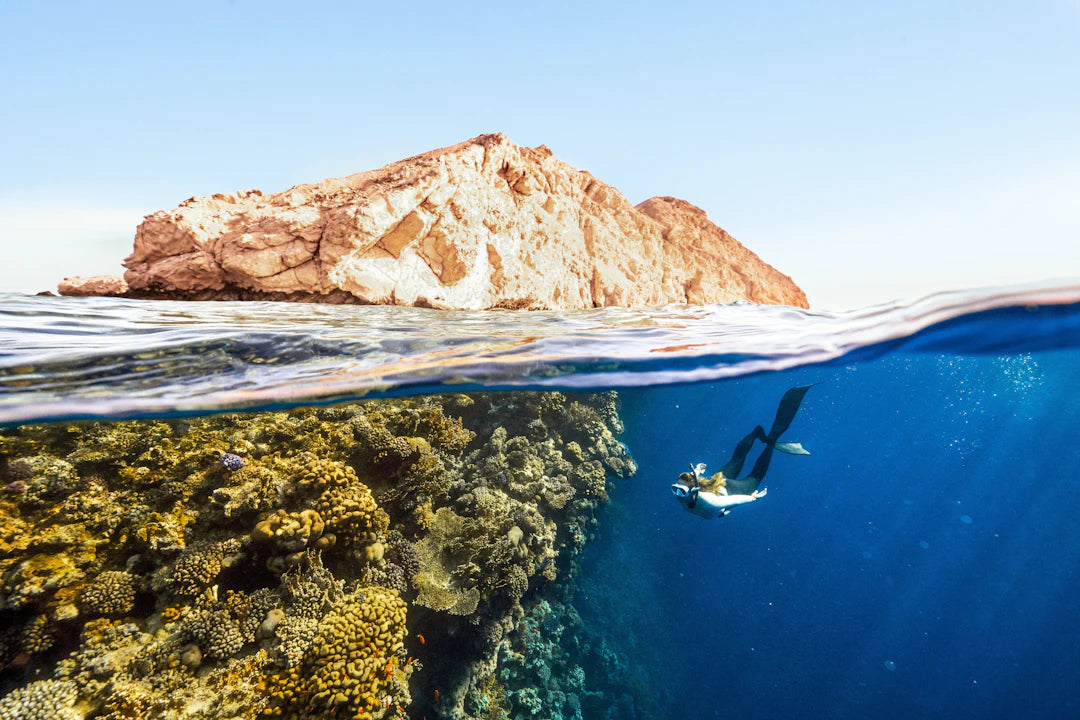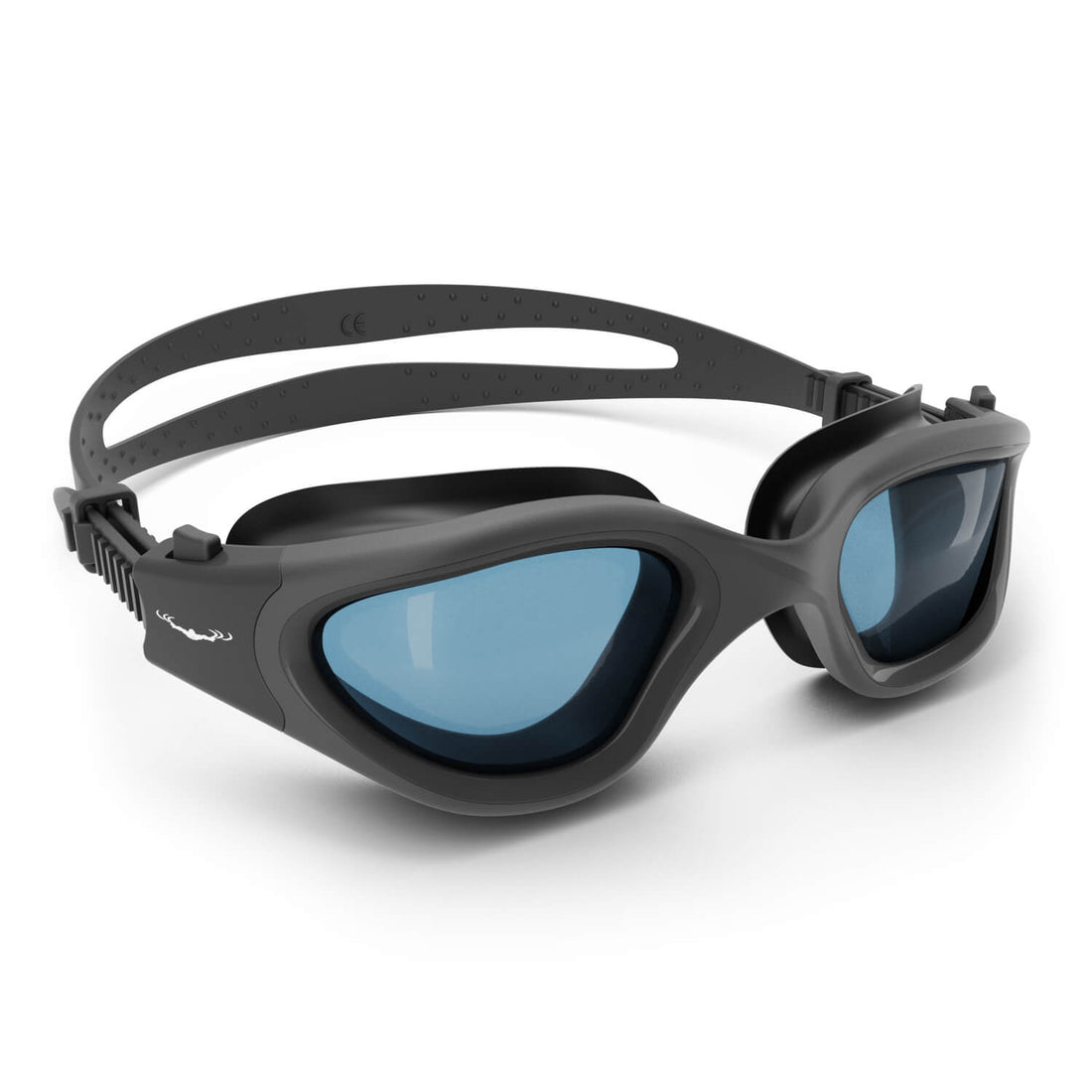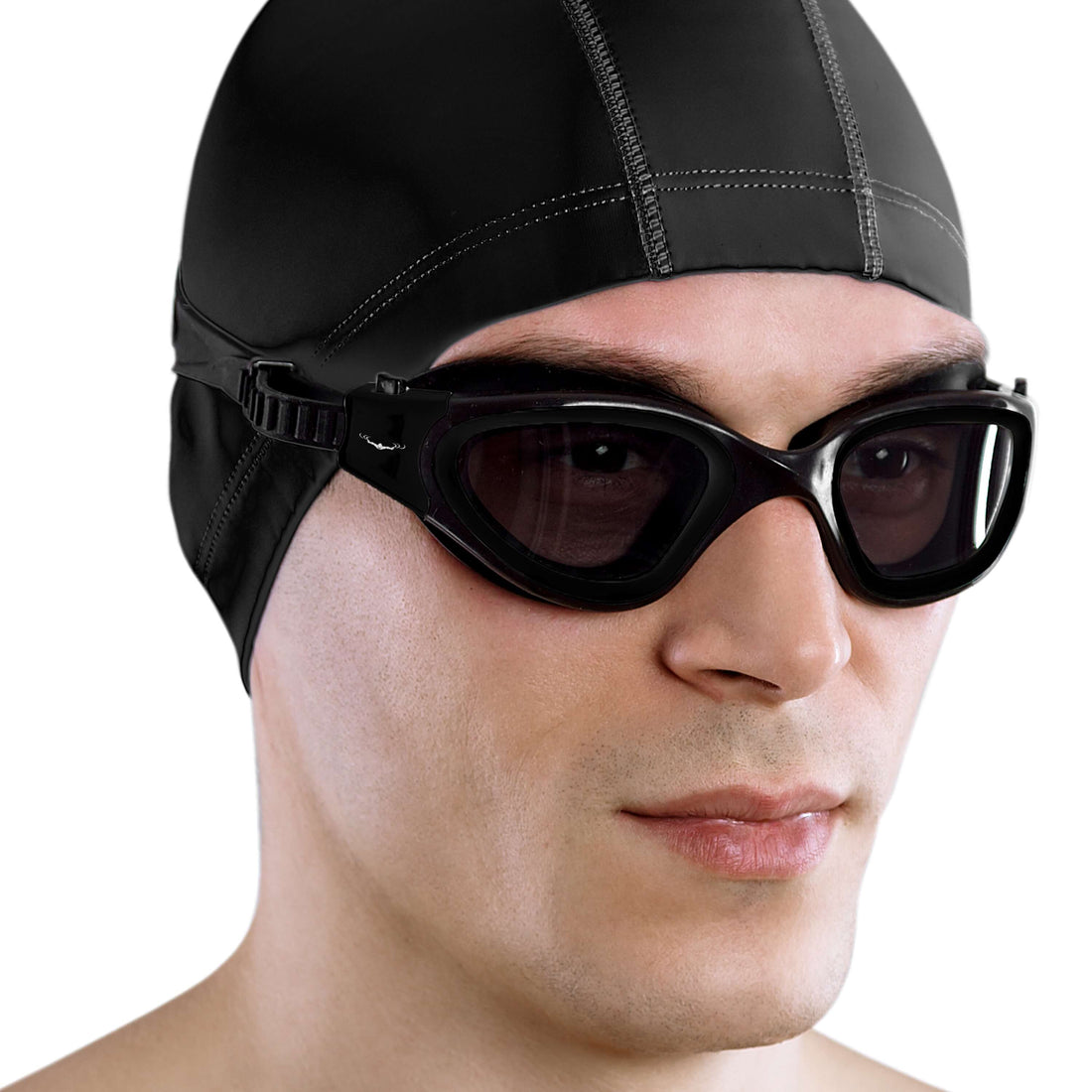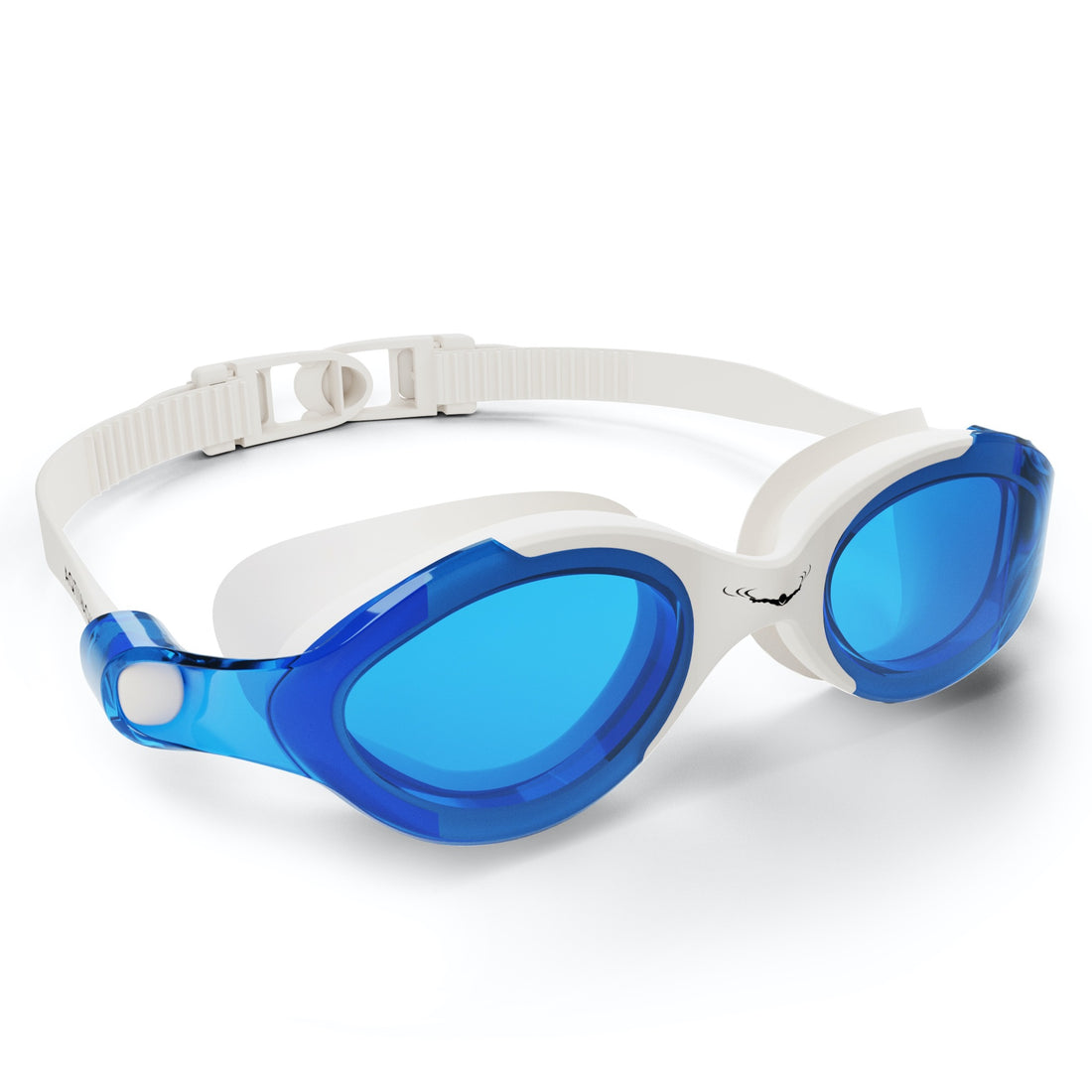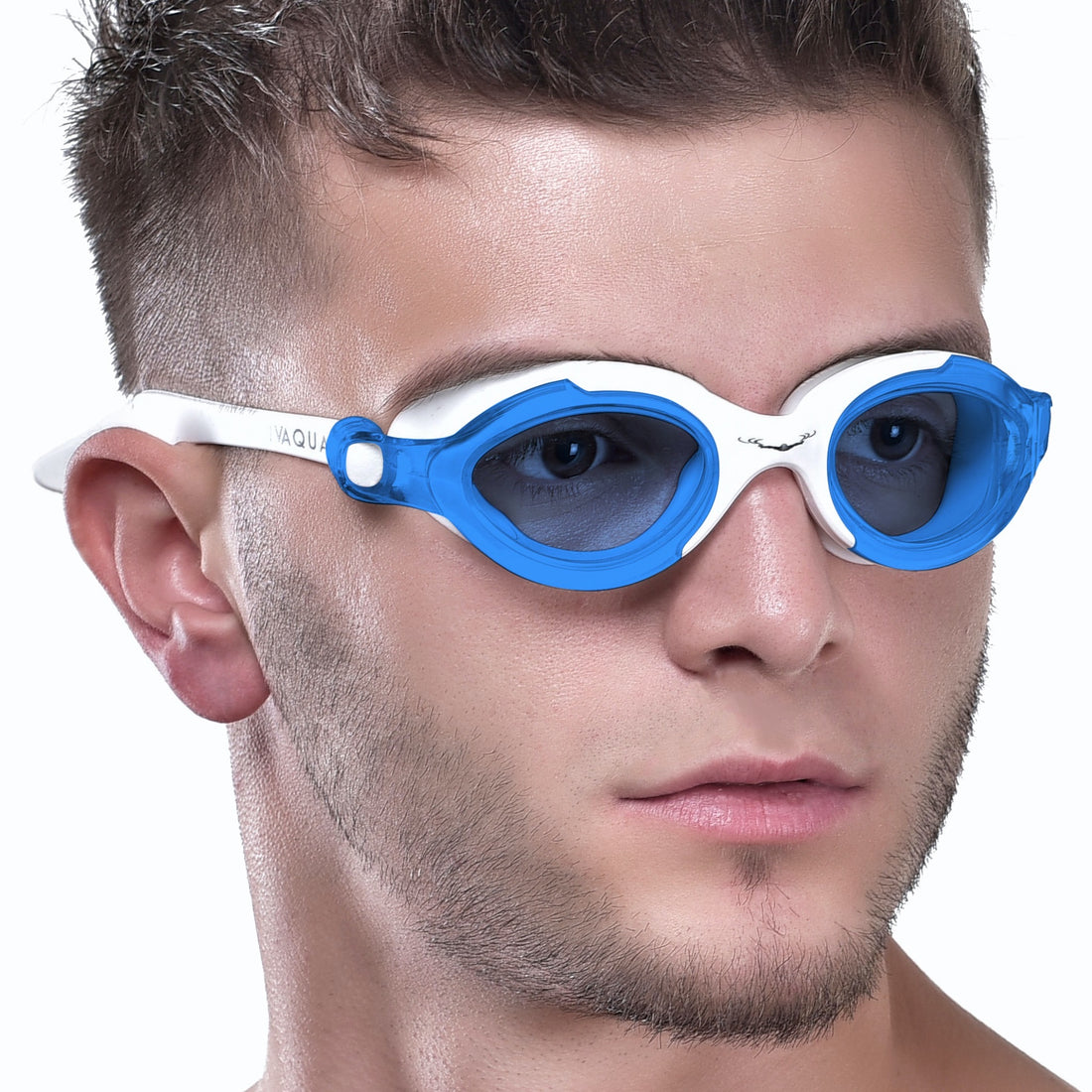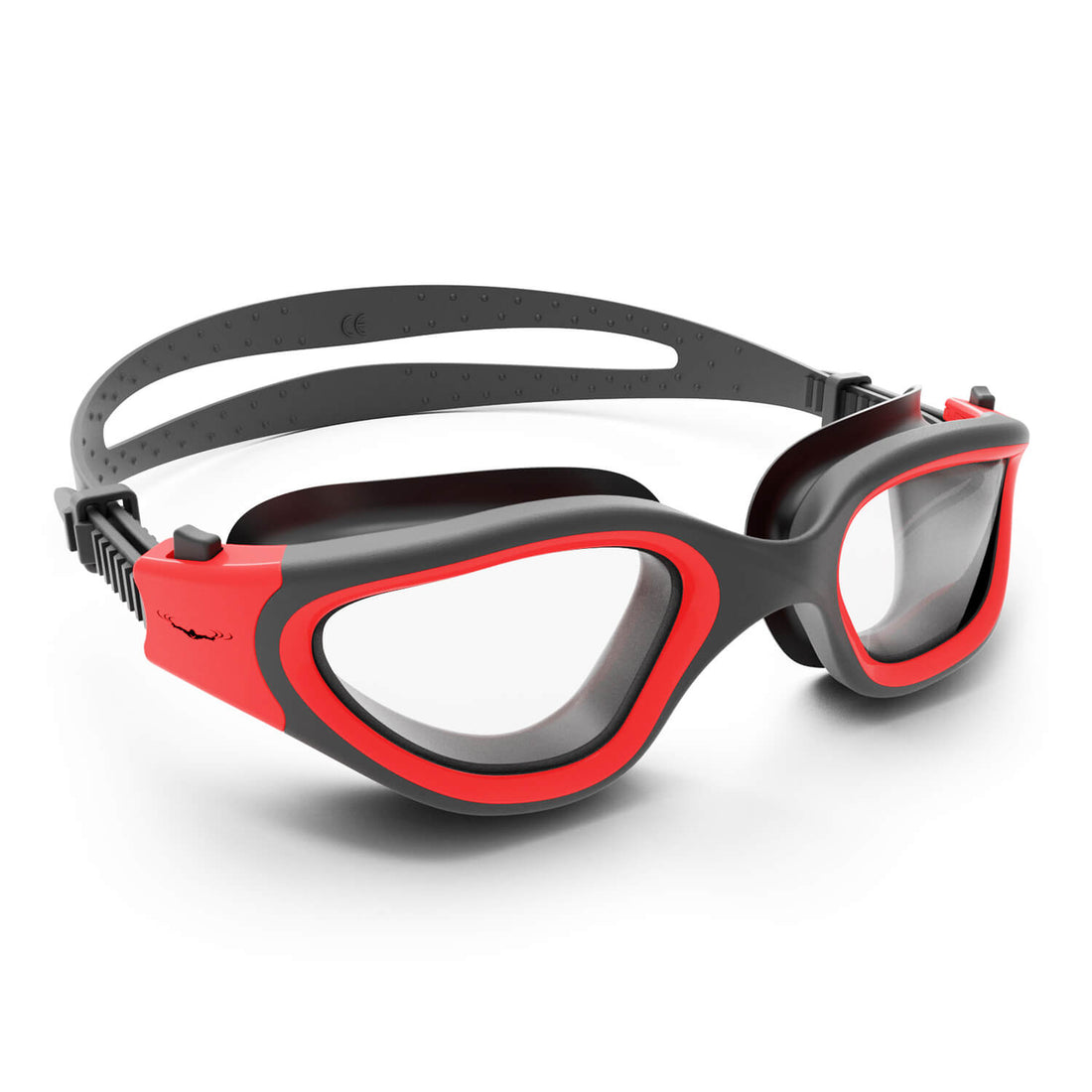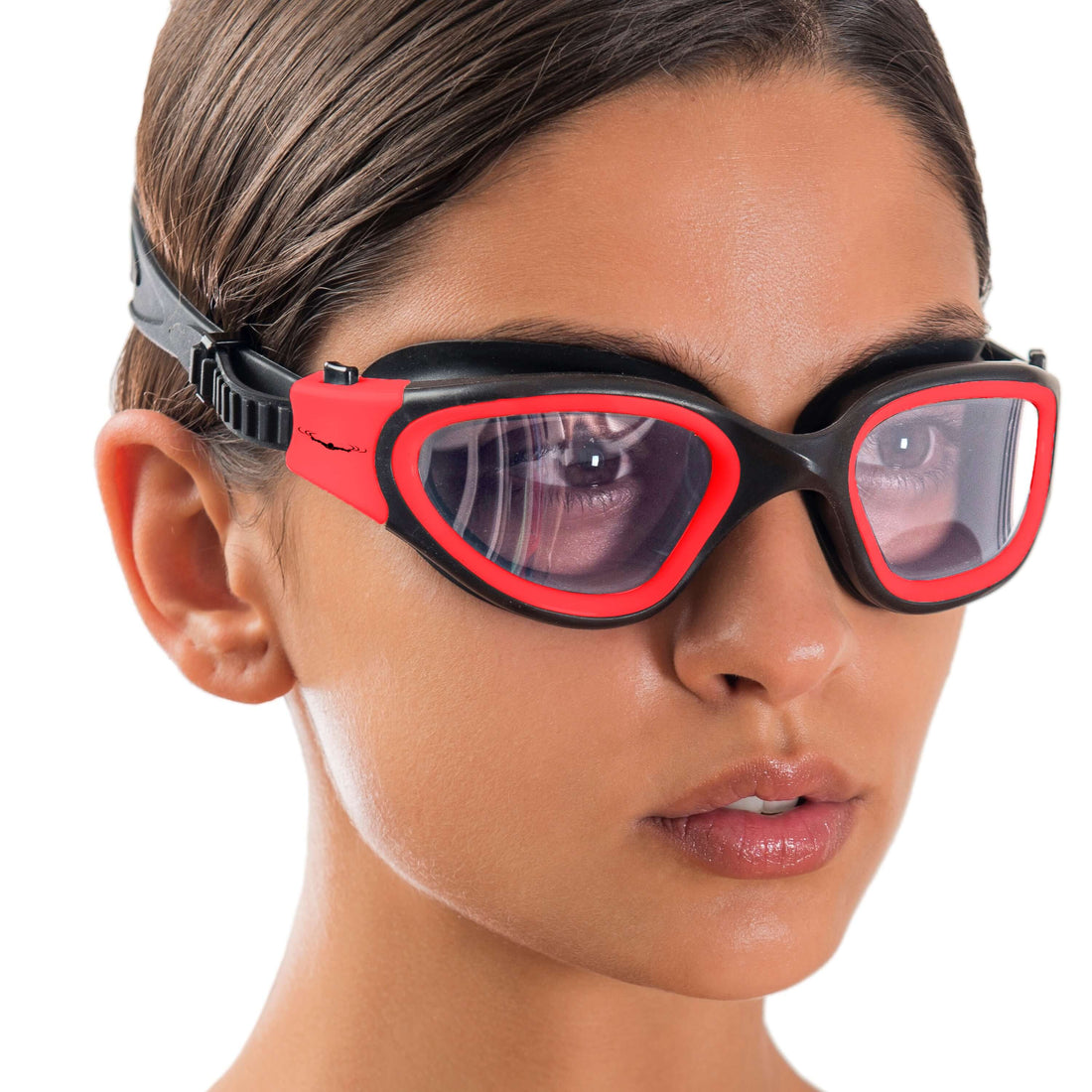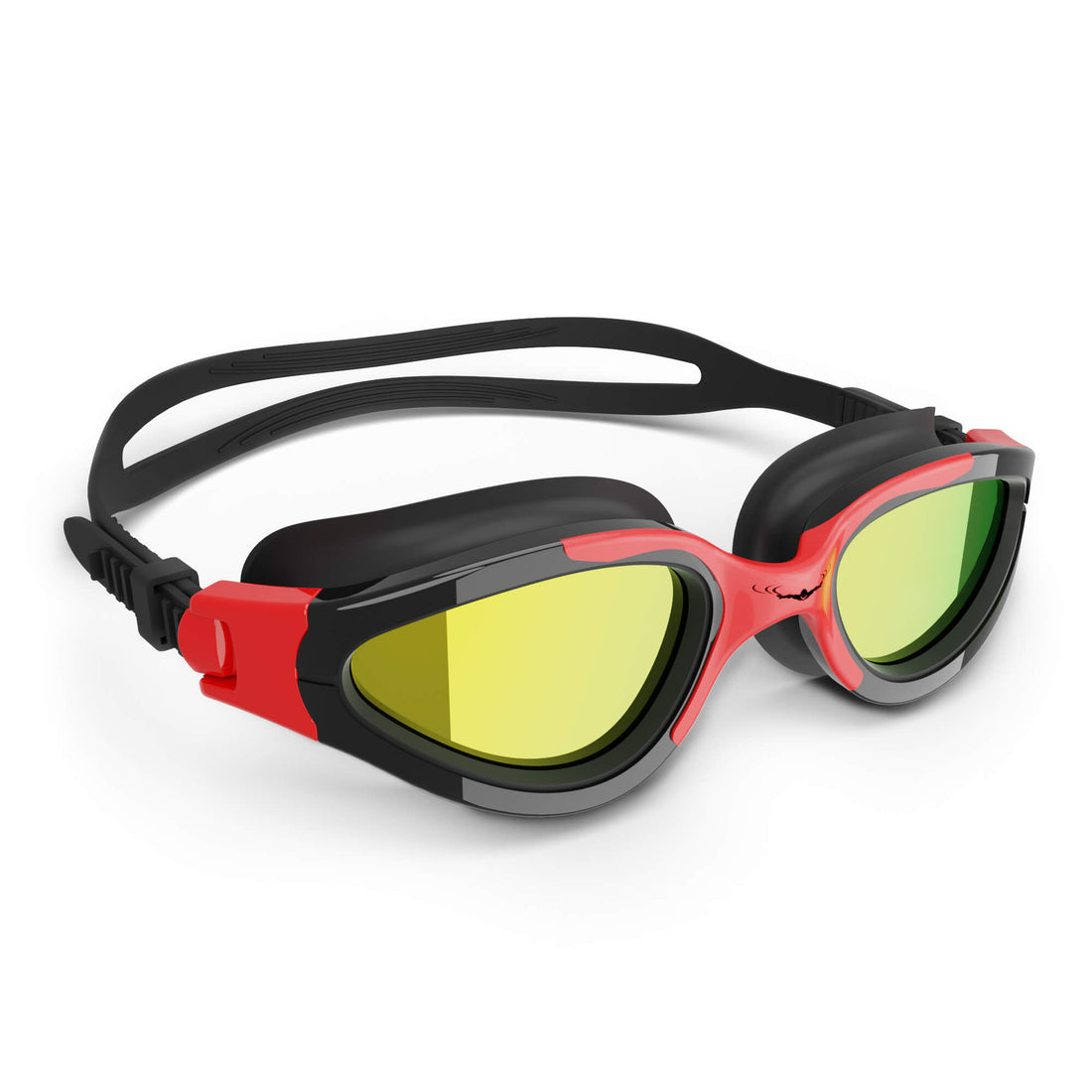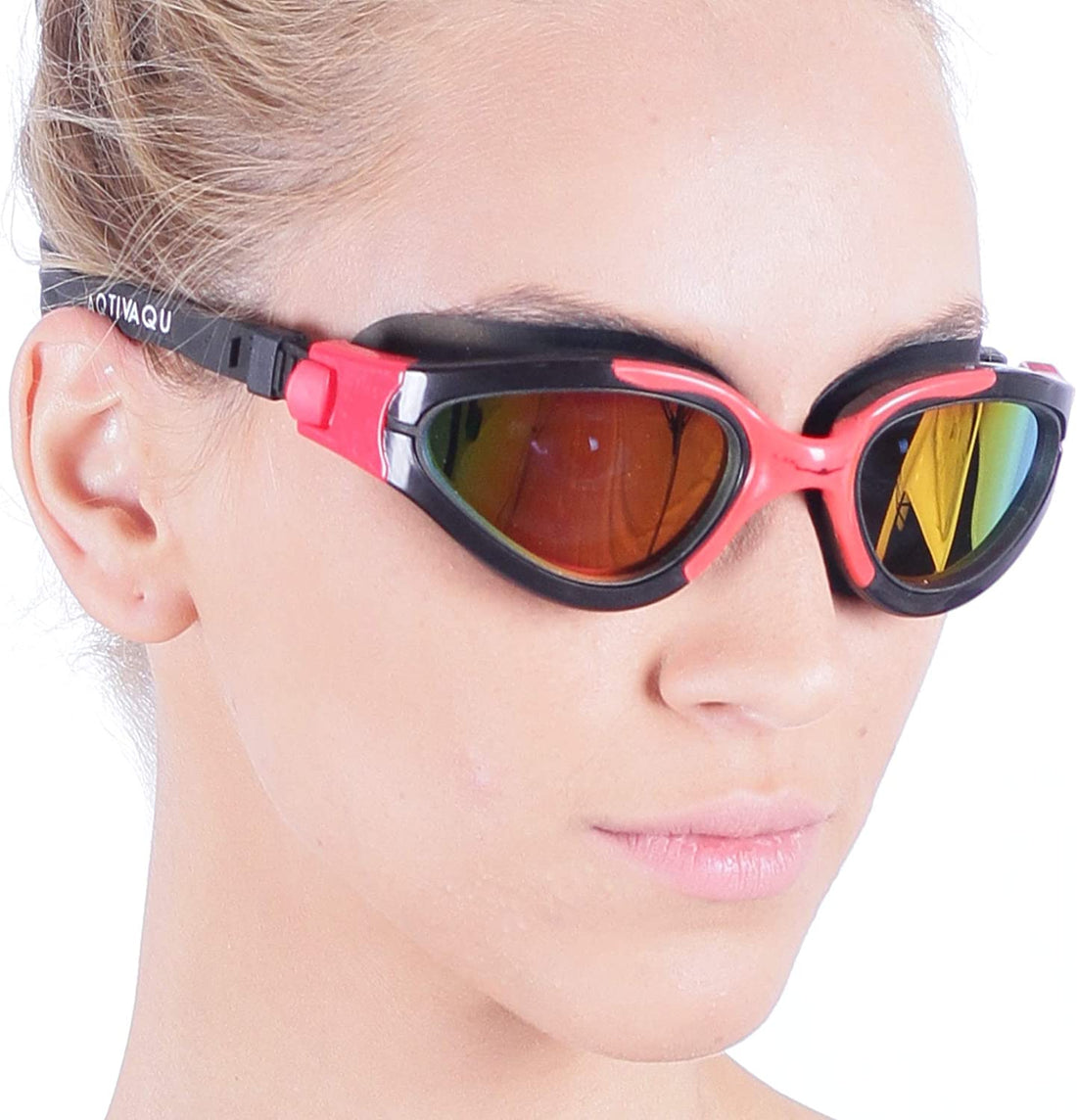Frequently Asked Questions
1. Why is hydration important for swimmers?
2. How can I stay hydrated before swimming?
3. What should I do to hydrate during my swim?
4. What are some tips for staying hydrated after swimming?
5. What are common myths about hydration for swimmers?
When it comes to swimming, many enthusiasts focus on gear and technique, often overlooking an essential aspect of performance: hydration. While the cool waters may give a false sense of hydration, it’s vital to understand how to keep your body hydrated for optimal swimming performance and health. This guide will explore the importance of hydration while swimming, along with tips to ensure that you never miss a beat in your aquatic adventures.
Why Hydration Matters for Swimmers
Swimming is a demanding physical activity that requires energy and stamina. Staying hydrated plays a significant role in your overall performance. Here are just a few reasons why hydration is crucial:
Improved Performance
Dehydration can lead to decreased stamina and overall athletic performance. Swimmers who are well-hydrated tend to be faster and more agile, enabling them to swim longer distances without feeling fatigued. Proper hydration enhances endurance and allows muscles to function optimally while using swim goggles to improve visibility under the water.
Regulating Body Temperature
Water surrounding you may create the illusion that you don't need to drink, but in reality, intense physical exertion increases your body temperature. Hydration is essential for regulating this temperature. When your body is sufficiently hydrated, it can sweat effectively to cool you down, even when submerged in water.
Muscle Function and Recovery
Water plays a pivotal role in transporting nutrients throughout your body, including the essential minerals and electrolytes that your muscles need to function correctly. Proper hydration helps prevent muscle cramps, improves flexibility, and enhances recovery, which is vital after intense swim sessions. If you’re serious about swimming, consider using swim ear bands, as they can aid in preventing ear discomfort, but they do not replace the need for hydration!
How to Stay Hydrated While Swimming
Now that we've established the importance of staying hydrated, let’s discuss some actionable tips for keeping your hydration levels in check while in the pool or open water.
Before You Hit the Water
- Drink Water: Start your swimming regime by drinking a glass of water about 30 minutes before you enter the pool. This will prepare your body for the workout ahead.
- Eat Hydrating Foods: Incorporate water-rich foods such as cucumbers, oranges, and watermelon into your meals prior to swimming.
During Your Swim
Swimming does not mean you should forget to hydrate! Here’s how you can do it:
- Take Breaks: If you are swimming in a public pool, take breaks every 30-40 minutes to drink water. It’s easy to lose track of time when you’re enjoying the water!
- Add Electrolytes: If you are swimming for extended periods, consider consuming an electrolyte drink to replenish lost minerals.
After Your Swim
Don’t neglect hydration after you’ve finished swimming. The recovery phase is just as important!
- Rehydrate: Drink at least 16-24 ounces of water following your swim. If you’ve had an intense session, opt for a recovery drink with electrolytes.
- Monitor Urine Color: A quick check of your urine can indicate hydration status. Clear to light yellow usually indicates good hydration, while dark yellow suggests you need to drink more.
Tips to Encourage Consistent Hydration
Maintaining hydration can be challenging, especially in the heat of summer or during prolonged swims. Here are some strategies to help you stay committed:
Carry a Water Bottle
Always have a water bottle on hand. Whether you’re at the pool, beach, or open water, ensure that you can easily grab a drink during breaks. Reusable water bottles are eco-friendly, convenient, and serve as a constant reminder to hydrate.
Track Your Water Intake
Consider using hydration tracking apps or simple reminder alarms on your phone to ensure you're meeting your water intake goals. This can be invaluable for swimmers who may lose track of time while diving into their routines. Set reminders for pre-swim, during, and post-swim hydration!
Make Hydration a Habit
Over time, develop a routine around your swimming sessions that incorporates hydration. If you make it part of your pre- and post-swim rituals, you’re more likely to remember and prioritize it.
Common Myths About Hydration
Misunderstandings about hydration can lead to improper practices. Let's debunk some common myths:
Myth 1: I’m Swimming, So I Don’t Need to Drink Water
This is one of the most common misconceptions. Even in water, especially when exercising rigorously, you are likely still sweating and losing fluids, so drinking water is essential!
Myth 2: Sports Drinks are Always Better than Water
While sports drinks can be beneficial during long, intense swimming sessions, most swimmers will be just fine with water if their swims are shorter. Be wary of excess sugar and calories found in some sports drinks.
The Ripple Effect of Staying Hydrated
Understanding the effects of hydration extends beyond just the swim; it influences your overall health and fitness. Here’s a look at some additional benefits of proper hydration:
Better Cognitive Function
Staying hydrated supports brain function. Good hydration enhances focus, attention, and cognitive performance—key factors for effective practice and learning new techniques in swimming.
Stronger Immune System
Proper hydration supports your immune system, allowing your body to fight off illness more effectively. This helps you to stay healthy and keep training without interruptions.
Stay Afloat with Your Hydration Practices!
The aquatic world offers a tremendous amount of fun and fitness opportunities. However, it’s essential to remember that as you dive into the depths of training and competition, hydration should remain a top priority. By following the tips and practices outlined here, you can ensure you stay healthy, maintain peak performance, and take full advantage of your time in the pool or sea. With a little focus on hydration, you’ll uncover the potent benefits it holds for your swimming experience and your overall wellness!


